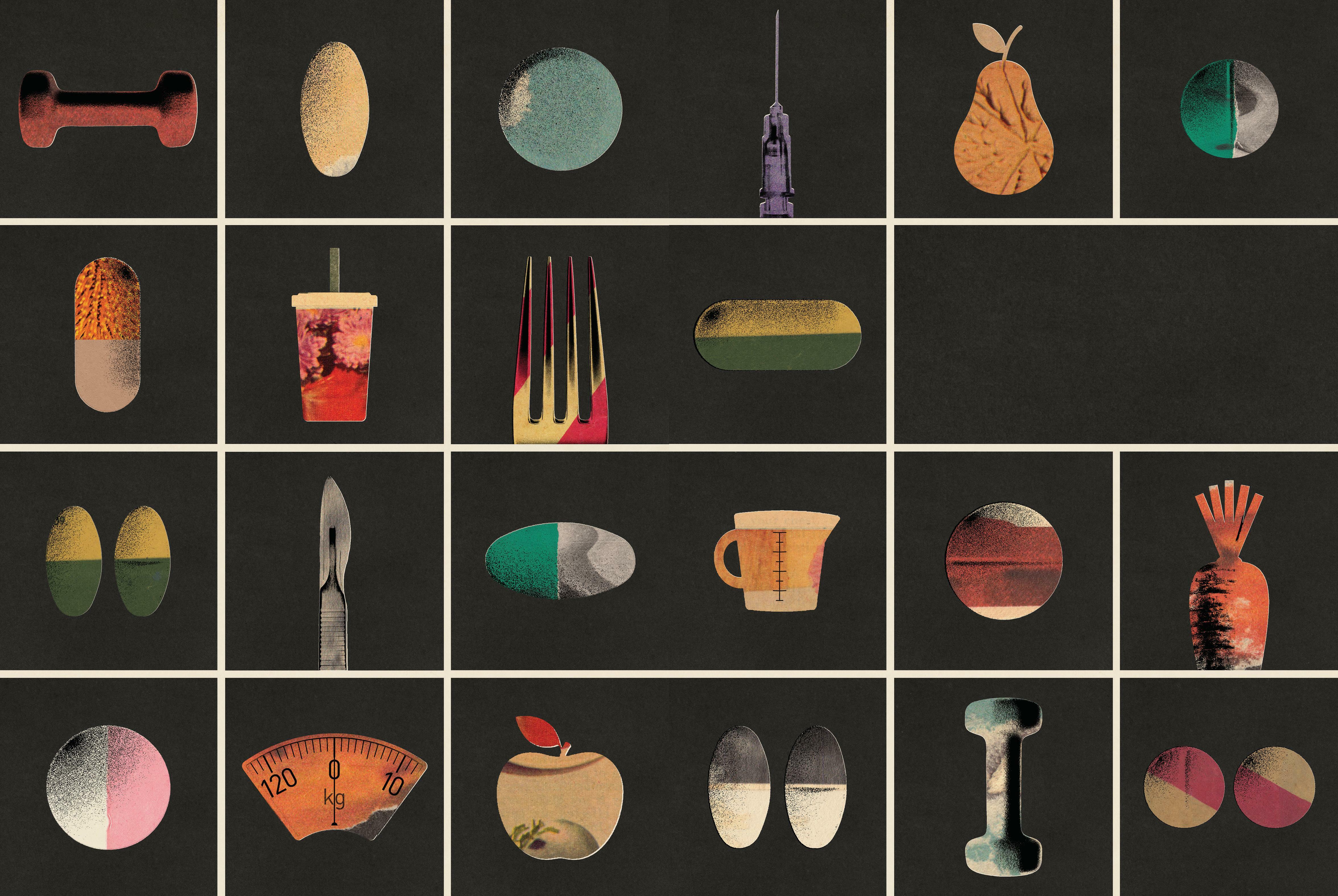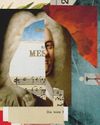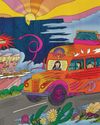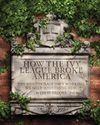
IN THE EARLY SPRING of 2020, Barb Herrera taped a signed note to a wall of her bedroom in Orlando, Florida, just above her pillow. NOTICE TO EMS! it said. NO VENT! NO INTUBATION! She'd heard that hospitals were overflowing, and that doctors were being forced to choose which COVID patients they would try to save and which to abandon. She wanted to spare them the trouble.
Barb was nearly 60 years old, and weighed about 400 pounds. She has type 2 diabetes, chronic kidney disease, and a host of other health concerns. At the start of the pandemic, she figured she was doomed. When she sent her list of passwords to her kids, who all live far away, they couldn't help but think the same. “I was in an incredibly dark place," she told me. "I would have died."
Until recently, Barb could barely walk at least not without putting herself at risk of getting yet another fracture in her feet. Moving around the house exhausted her; she showered only every other week. She couldn't make it to the mailbox on her own. Barb had spent a lifetime dealing with the inconveniences of being, as she puts it, "huge." But what really scared her and what embarrassed her, because dread and shame have a way of getting tangled up-were the moments when her little room, about 10 feet wide and not much longer, was less a hideout than a trap. At one point in 2021, she says, she tripped and fell on the way to the toilet. Her housemate and landlord a high-school friend-was not at home to help, so Barb had to call the paramedics. "It took four guys to get me up," she said.
Later that year, when Barb finally did get COVID, her case was fairly mild. But she didn't feel quite right after she recovered: She was having trouble breathing, and there was something off about her heart. Finally, in April 2022, she went to the hospital and her vital signs were taken.
Bu hikaye The Atlantic dergisinin June 2024 sayısından alınmıştır.
Start your 7-day Magzter GOLD free trial to access thousands of curated premium stories, and 9,000+ magazines and newspapers.
Already a subscriber ? Giriş Yap
Bu hikaye The Atlantic dergisinin June 2024 sayısından alınmıştır.
Start your 7-day Magzter GOLD free trial to access thousands of curated premium stories, and 9,000+ magazines and newspapers.
Already a subscriber? Giriş Yap

JOE ROGAN IS THE MAINSTREAM MEDIA NOW
What happens when the outsiders seize the microphone?

MARAUDING NATION
In Trumps second term, the U.S. could become a global bully.

THE GENDER WAR IS HERE
What women learned in 2024

The Weirdest Hit in History
How Handel's Messiah became Western music's first classic

ONE FOR THE ROAD
What I ate growing up with the Grateful Dead

HOW THE IVY LEAGUE BROKE AMERICA
THE MERITOCRACY ISN'T WORKING. WE NEED SOMETHING NEW.

Against Type
How Jimmy O Yang became a main character

Catching the Carjackers - On the road with an elite police unit as it combats a crime wave
On August 7, 2022, Shantise Summers arrived home from a night out with friends around 2:40 a.m. As she walked from her car toward her apartment in Oxon Hill, a Maryland neighborhood just southeast of Washington, D.C., she heard footsteps behind her. She turned and saw two men in ski masks. One put a gun to her face; she could feel the metal pressing against her chin. He demanded her phone, wallet, keys, and Apple Watch. She quickly handed them over, and they drove off in her 2019 Honda Accord.

The Most Remote Place in the World - Point Nemo is Earth's official "middle of nowhere." A lot seems to be going on there.
It’s called the “longest-swim problem”: If you had to drop someone at the place in the ocean farthest from any speck of land—the remotest spot on Earth—where would that place be? The answer, proposed only a few decades ago, is a location in the South Pacific with the coordinates 48 52.5291ᤩS 123 23.5116ᤩW: the “oceanic point of inaccessibility,” to use the formal name. It doesn’t get many visitors. But one morning last year, I met several people who had just come from there.

The Elite College Students Who Can't Read Books - To read a book in college, it helps to have read a book in high school.
Nicholas Dames has taught Literature Humanities, Columbia University's required greatbooks course, since 1988. He loves the job, but it has changed. Over the past decade, students have become overwhelmed by the reading, College kids have never read everything they're assigned, of course, but this feels different. Dames's students now seem bewildered by the thought of finishing multiple books a semester. His colleagues have noticed the same problem.